Ideal Characteristics of Outstanding CRM Administrators
Client Relationship Management (CRM) solutions are essential in the modern corporate environment for preserving solid customer interactions, increasing sales procedures, and fostering company expansion. The backbone of this ecosystem is a CRM administrator, who is in charge of making sure the system functions flawlessly and keeps up with the changing requirements of the business. But what distinguishes a superior CRM administrator? Beyond technical proficiency, there are a number of crucial characteristics that distinguish a great individual in this position.
Product expertise is unquestionably important for a CRM administrator, but the most important traits go beyond system familiarity. The following characteristics are the most important to search for in a superb CRM administrator:
Empathy and Communication Skills: An effective CRM administrator needs to empathize with end users and a thorough understanding of their needs and challenges. This ability makes it easier to communicate clearly and ensures that the CRM system satisfies the needs of daily users. Additionally, the administrator must be skilled in interacting with both end users and executive leadership, bridging the gap between technical details and business objectives.
Adaptability and Continuous Learning: The CRM landscape is continuously changing, with new updates and features constantly emerging all the time. A great administrator embraces change and actively looks for chances to grow professionally. Their willingness to stay updated ensures the CRM system continues to align with the company’s changing needs and industry trends.
Multitasking and Variety Management: A CRM administrator’s job is anything but routine. A effective administrator thrives in a fast-paced environment where tasks can range from resolving technical issues to collaborating with stakeholders on strategic initiatives. It’s crucial to have the capacity to balance a variety of obligations and adjust to changing priorities.
Independent Decision-Making: A CRM administrator often operates with a high degree of autonomy. They need to make informed decisions on what tasks to prioritize, when to push back, and how to manage their workload effectively. This independence requires a strong sense of responsibility and a strategic mindset.
Strategic Thinking and Problem-Solving: Beyond day-to-day operations, a great CRM administrator possesses the ability to create and execute a strategic vision. They can assess business challenges and devise innovative solutions using the CRM system to drive efficiency, improve processes, and enhance customer experiences.
Effective “No” with Solution-Oriented Approach: The skill of saying “no” is essential, but it’s not about denying requests outright. A skilled administrator can navigate these situations by offering alternative solutions or reshaping expectations. This diplomatic “no” maintains positive relationships while ensuring the CRM’s integrity and effectiveness.
Technical skill in CRM management is merely the tip of the iceberg. Empathy, adaptability, multitasking, independence, strategic thinking, and effective communication are just a few of the other important traits that the best CRM administrators exhibit. By ensuring that the CRM system is in alignment with corporate objectives and strengthens customer relationships, these attributes enable them to administer the system as well as contribute to the overall success of the organization. These characteristics will continue to be crucial for administrators to flourish in their professions and foster organizational growth as the CRM landscape changes.
